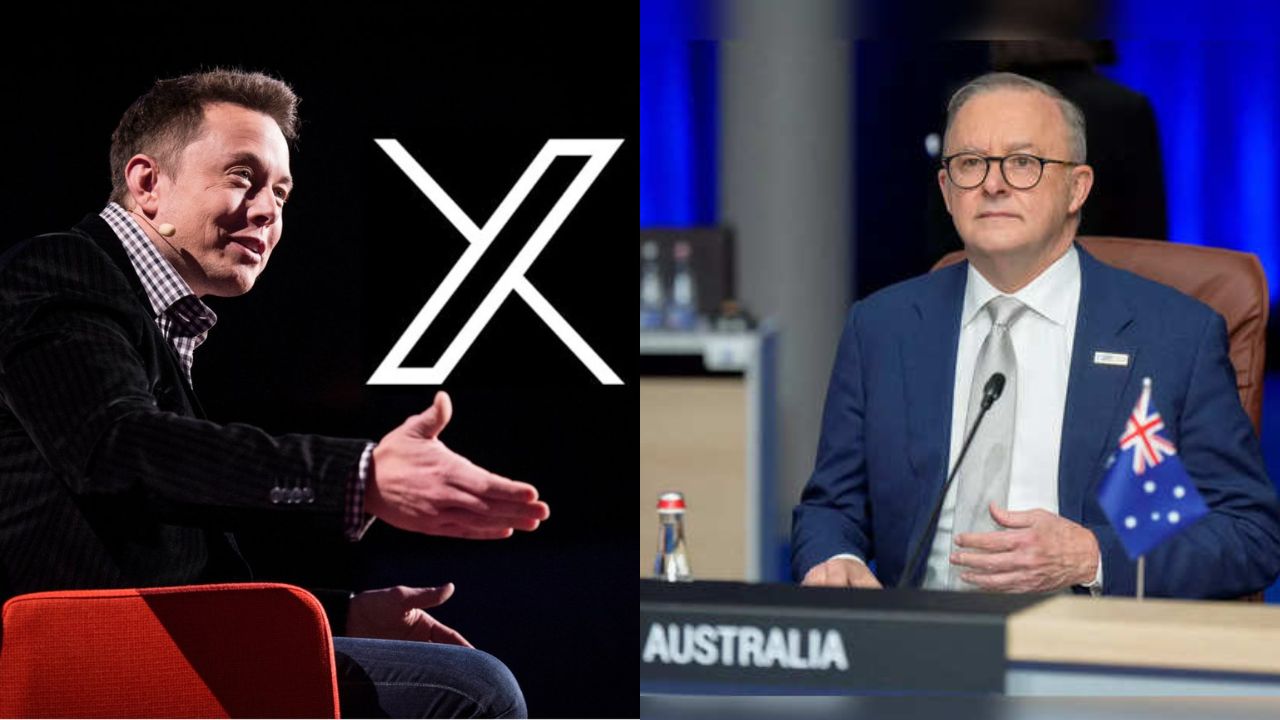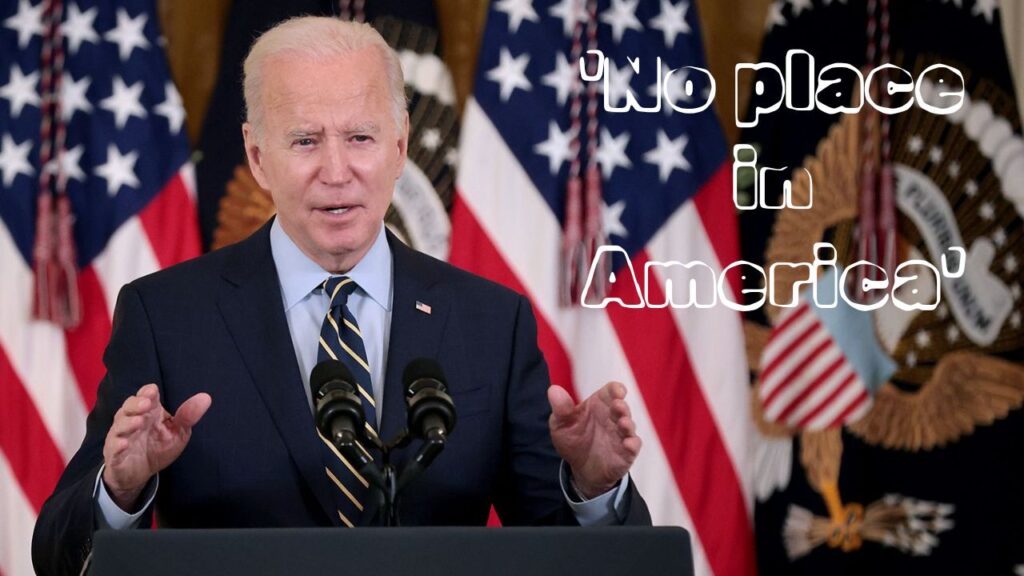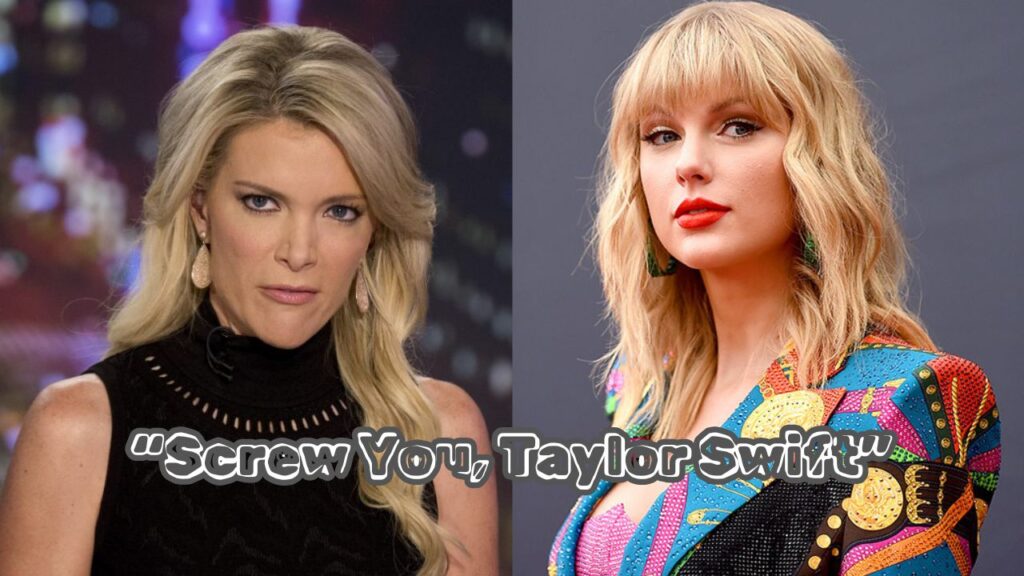Australian Prime Minister Anthony Albanese has firmly rejected Elon Musk’s claim that the Labor government’s new social media regulations are “fascist.” The billionaire behind X (formerly Twitter) made the remark in response to Australian legislation designed to combat misinformation online. The law includes heavy fines for social media platforms that fail to tackle deliberate falsehoods, with penalties potentially reaching 5% of their annual revenue.
Addressing Musk’s accusations, Albanese pointed out that the real issue lies in Musk’s refusal to acknowledge the platform’s responsibility. “If Mr. Musk doesn’t understand that, it says more about him than it does about my government,” Albanese commented on Saturday.
This isn’t the first time Musk has clashed with the Australian government. Earlier in the year, Musk resisted requests from authorities to remove graphic footage related to a Sydney bishop’s alleged stabbing. Australia’s eSafety commissioner had asked X to take down the violent content and even initiated legal action in federal court. Although the case was dropped in June, a related administrative review will take place in October. Throughout this process, Musk accused the Australian government of infringing on free speech.
In a separate issue, Albanese also highlighted the growing popularity of renewable energy across Australia, particularly in Queensland. He emphasized that rooftop solar power is proving to be the most affordable energy source, contrasting it with opposition leader Peter Dutton’s support for nuclear energy. Dutton has proposed constructing seven nuclear power plants and two small modular reactors, a plan met with resistance from state premiers. Analysts from the Smart Energy Council estimate Dutton’s nuclear plan could cost taxpayers as much as $600 billion, while contributing just 3.7% to Australia’s energy supply by 2050.
Albanese, on the other hand, is committed to expanding Australia’s renewable energy infrastructure, aiming for 82% renewable power by 2030 and nearly 100% by 2050. He criticized Dutton’s reliance on unproven nuclear technology, emphasizing that Australians are already embracing renewable energy because of its cost-effectiveness and immediate benefits.
In summary, the battle between Musk and the Australian government highlights the challenges of regulating social media in the fight against misinformation. Meanwhile, the debate over renewable versus nuclear energy continues to shape Australia’s future energy policies.





